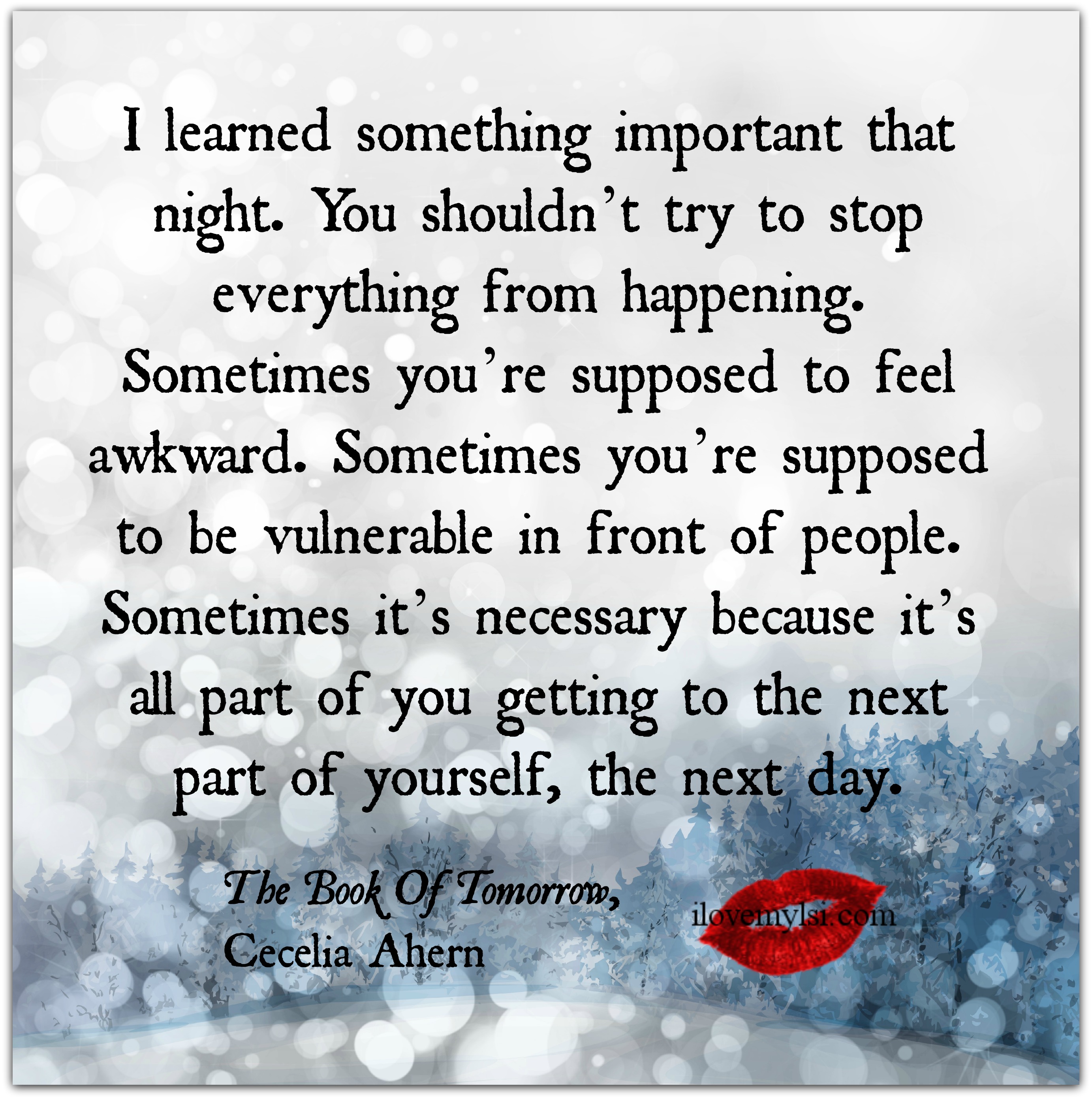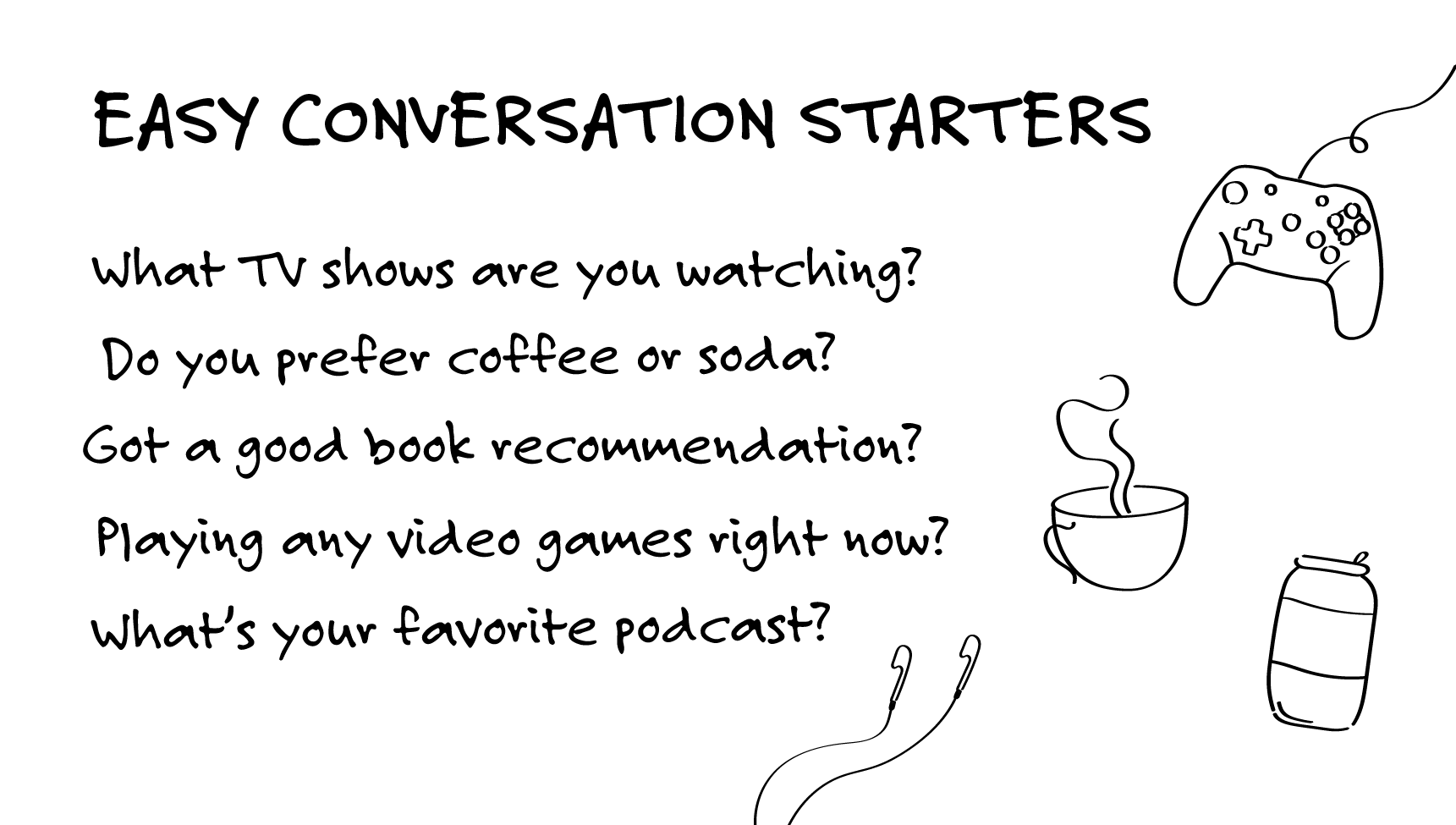Grasping The **Feeling Awkward Meaning** In Everyday Moments
Have you ever been in a situation where the air just seems to thicken, your words get tangled, and you wish the ground would open up and swallow you whole? That, my friend, is the unmistakable sensation of feeling awkward. It's a common human experience, really, a little jolt of discomfort that can pop up when we least expect it. This feeling, in some respects, is a very particular kind of response, one that often leaves us squirming or perhaps even blushing a bit.
It's more than just a fleeting thought, you know. As my text suggests, a feeling denotes any partly mental, partly physical response, marked by things like pain or repulsion. When you feel awkward, it's very much that kind of response – a subtle ache of unease, a wish to be somewhere else. It's a subjective experience, too, a personal take on an emotion or a sensation that hits you right in the moment.
This particular emotional perception or attitude can show up in so many ways, from a quiet, internal cringe to a full-blown physical reaction. It’s a consciousness, a vague awareness, that something isn't quite right in the social setup, or perhaps with what you've just said or done. So, what exactly does it mean to feel this way? Let's explore the ins and outs of this rather universal human experience.
Table of Contents
- What Does "Feeling Awkward" Really Mean?
- The Physical Side of Awkwardness
- The Mental Landscape of Awkwardness
- Why Do We Get That Awkward Feeling?
- Frequently Asked Questions About Feeling Awkward
What Does "Feeling Awkward" Really Mean?
When we talk about the feeling awkward meaning, we're really getting at a specific kind of emotional state. My text tells us that a feeling is a subjective experience of emotion or sensation. So, feeling awkward is your personal experience of a particular kind of discomfort. It's not just a thought; it’s something you feel through your mind and through your senses, a kind of emotional perception that just washes over you.
It’s a response that, quite frankly, isn't planned. It’s emotional, not logical or practical, like my text points out about feelings generally. You don't decide to feel awkward; it just happens. It might be a response marked by a sense of "pain" or "repulsion," not in a physical way, but as a subtle mental or social discomfort. It’s a consciousness or a vague awareness that something feels off, or perhaps out of place.
This sensation is often tied to social interactions, but it can also arise when you're by yourself, perhaps reflecting on a past event. It’s a particular sensation, an emotional perception that hints at unease. It’s a way of reacting to things that is, in a way, deeply emotional and not something you can just switch off. Think of it as a specific kind of emotional state, something you experience characterized by that unique brand of social discomfort.
For instance, if you've ever had a conversation where you just couldn't find the right words, or you said something you immediately regretted, that sudden wave of heat in your cheeks? That's the feeling awkward meaning in action. It’s a sign that your system is reacting to a perceived social misstep or an unexpected situation. It’s very much a part of how we process our interactions with others and, honestly, a very human response to the sometimes unpredictable nature of life.
The Physical Side of Awkwardness
Interestingly enough, feeling awkward isn't just a mental state; it often comes with physical sensations. My text mentions that a physical sensation is a feeling, and that you might experience feelings like dizziness or nausea. While awkwardness usually isn't that intense, it can certainly manifest in noticeable bodily ways. Think about it: a sudden blush, that's a physical response. Your heart might beat a little faster, or you might feel a peculiar tightness in your chest.
Sometimes, you might find yourself fidgeting, tapping your foot, or shifting your weight from one foot to the other. These are all physical expressions of that internal unease. It's almost as if your body is trying to release the tension that the awkward feeling creates. You might even get that strange feeling in your neck, or a general sense of being out of sync with your surroundings.
These physical signs are a direct result of your body's reaction to the situation. It’s a perception of events within your body, closely related to the emotion you're experiencing. Just like when you sit on your foot and it falls asleep, you get that pins and needles feeling; awkwardness, too, can create a specific, though less intense, physical sensation. It's a real, tangible experience, even if it's mostly internal.
So, when you feel that odd tingle or that sudden warmth spreading across your face, it’s not just in your head. It’s your body responding to the subjective experience of that awkward emotion. It’s a testament to how closely our minds and bodies work together, even when dealing with something as seemingly subtle as a social feeling.
The Mental Landscape of Awkwardness
Beyond the physical, feeling awkward has a significant mental component. My text says a feeling is a consciousness or vague awareness. When you feel awkward, your mind becomes acutely aware of the situation, perhaps even hyper-aware of your own actions or words. You might struggle with feelings of isolation or loneliness in that moment, even if you're surrounded by people. It’s a kind of emotional perception or attitude that colors your thoughts.
This mental aspect often involves a lot of self-talk, sometimes critical. You might replay a moment over and over, wondering if you said the wrong thing or acted inappropriately. It’s a way of thinking and reacting to things that is emotional and not planned, rather than logical and practical. Your thoughts might race, or you might find yourself unable to think clearly at all, just consumed by the sense of unease.
An intuitive sense about something can also be called a feeling, and this applies to awkwardness too. You might have a "bad feeling" about a social interaction that then becomes justified when something awkward actually happens. This mental state can make it hard to focus, to engage, or to simply be present. It's almost like your mind is trying to process a social glitch, and it gets stuck in a loop of discomfort.
So, while the blush might be visible, the internal mental process of feeling awkward is just as real. It's that internal monologue, that sudden surge of self-consciousness, that makes the experience so distinct. It’s a subjective experience that plays out in your thoughts, making you feel, well, awkward.
Why Do We Get That Awkward Feeling?
Why does this particular feeling awkward meaning arise in the first place? It often comes from situations where social norms are broken, or where there's a perceived mismatch between expectations and reality. For instance, you might feel awkward if you accidentally interrupt someone, or if you tell a joke that no one laughs at. It’s a response to a situation that feels out of sync.
Sometimes, it's about being put on the spot, like when you're asked a very personal question in front of a group. Or perhaps you're in a new environment, and you're unsure of the unspoken rules. This uncertainty can trigger that vague awareness of discomfort. It's almost like your internal social compass is spinning wildly, trying to find its bearings.
It can also happen when there's a moment of silence that stretches a little too long, or when someone says something completely unexpected. These moments prompt a kind of emotional outburst, not always visible, but very much felt internally. It’s a feeling that stems from a desire for social harmony, and when that harmony is disrupted, even slightly, awkwardness can step in.
Moreover, feeling awkward can be a sign of empathy. If you witness someone else in an embarrassing situation, you might feel awkward for them, almost as if you're sharing their discomfort. This shows a feeling for the sufferings of others, as my text implies, highlighting our deep connection to the emotional states around us. So, it's not always about our own missteps; sometimes it’s a shared emotional perception.
It’s a rather common reaction to the unpredictable nature of human interaction. We're constantly trying to make sense of social cues, and when those cues get muddled, or when we feel exposed, that's when the awkwardness often kicks in. It’s a very natural part of being a social creature, really, a little emotional tremor that reminds us of our place in the group.
Frequently Asked Questions About Feeling Awkward
Is Feeling Awkward a Normal Emotion?
Absolutely, feeling awkward is a completely normal emotion. It's a very common human experience, one that pretty much everyone encounters at some point. My text describes a feeling as an emotional state or sensation experienced by an individual, characterized by subjective experiences. Awkwardness fits right into that definition, just like happiness, sadness, or fear.
It's a natural response to social situations that feel a little off-kilter or unexpected. Think about how often you hear people say, "That was awkward!" after a funny or uncomfortable moment. It's almost a universal sign that we've all been there. It serves a purpose, too, in a way, as it can make us more aware of social cues and help us adjust our behavior.
So, if you find yourself feeling that familiar cringe, know that you're not alone. It's a sign that you're paying attention to your social environment and how you fit into it. It’s a very human reaction, and it means you're just like everyone else, trying to navigate the sometimes tricky waters of human connection.
Awkwardness Versus Social Anxiety
While feeling awkward and social anxiety might seem similar, they are actually quite different. Feeling awkward is a temporary, situation-specific discomfort. It’s a fleeting emotional perception, a brief moment of unease that usually passes once the situation changes. You might feel awkward after tripping in public, but then you brush it off and move on.
Social anxiety, on the other hand, is a more persistent and intense fear of social situations. It's a deep-seated worry about being judged or scrutinized by others, and it can significantly interfere with daily life. My text defines feeling as a subjective experience of emotion, and while both involve emotion, the intensity and duration are key differentiators here. Social anxiety often leads to avoidance of social events altogether, whereas awkwardness is usually a momentary reaction within a social event.
Someone with social anxiety might experience intense physical symptoms like panic attacks, excessive sweating, or trembling, even before a social event begins. For them, the feeling of unease is much more pervasive and debilitating than a simple awkward moment. So, while a moment of awkwardness is a common part of life, persistent, overwhelming fear in social settings points more towards social anxiety. It’s a really important distinction to make, so you know what kind of help or support you might need. If you're concerned about social anxiety, you could learn more about social anxiety disorder from a reliable source.
Tips for Handling Those Awkward Moments
Dealing with feeling awkward can be a little tricky, but there are definitely ways to manage it. One simple tip is to acknowledge the awkwardness. Sometimes, just saying "Well, that was awkward!" out loud can actually diffuse the tension. It shows you're aware of the situation and can even bring a bit of humor to it. This can help shift your emotional perception.
Another helpful strategy is to focus on the other person. If you're feeling awkward in a conversation, try asking a question or shifting the topic. This takes the spotlight off you and can help redirect the flow of the interaction. It’s a way of thinking and reacting that is more proactive, rather than just letting the awkwardness consume you. You might also find it helps to just breathe deeply, focusing on the feeling of relaxation, as my text suggests for other physical sensations.
It’s also good to remember that most people are more focused on themselves than on your small missteps. What feels like a huge blunder to you might barely register for someone else. So, try not to dwell on it too much. My text says a feeling may suggest the mere existence of a response but imply nothing about its lasting impact. The awkward feeling is temporary; it doesn't define you.
Practice helps too, honestly. The more you put yourself in various social situations, the more comfortable you might become, and the less intense those awkward feelings might be. It’s like building a muscle; the more you exercise it, the stronger it gets. You can learn more about emotional responses on our site, and link to this page for further insights into managing feelings.
Finally, embrace the fact that awkward moments are a part of life. They make for interesting stories later on, and they often teach us valuable lessons about social interaction. So, the next time you feel that familiar pang of awkwardness, remember it's just a feeling, a temporary emotional state, and you've got the tools to navigate it.

Quotes Feeling Awkward. QuotesGram

CEO Tips: 6 Tips to Avoid Feeling Awkward While Networking

That Awkward Feeling When… - Calebblog